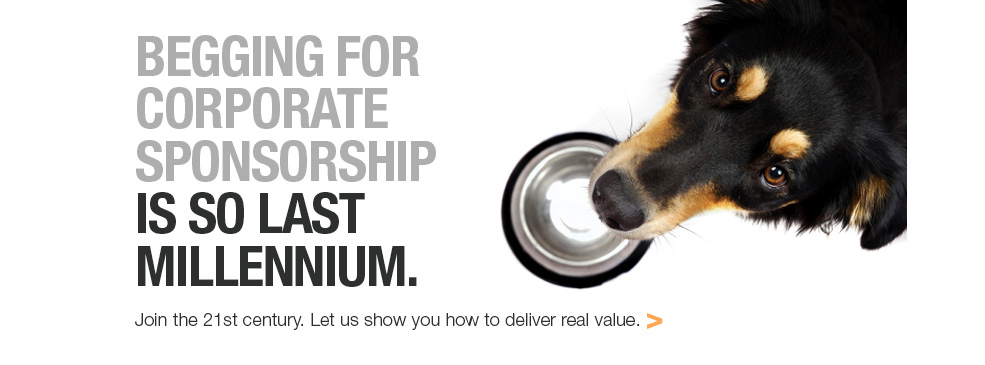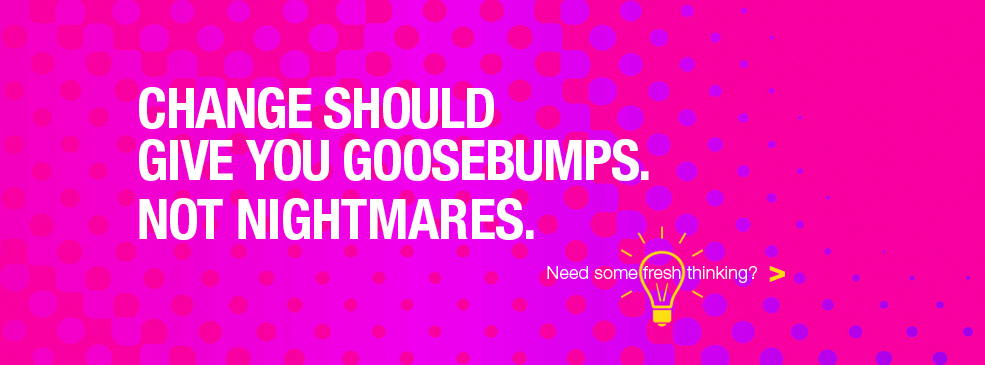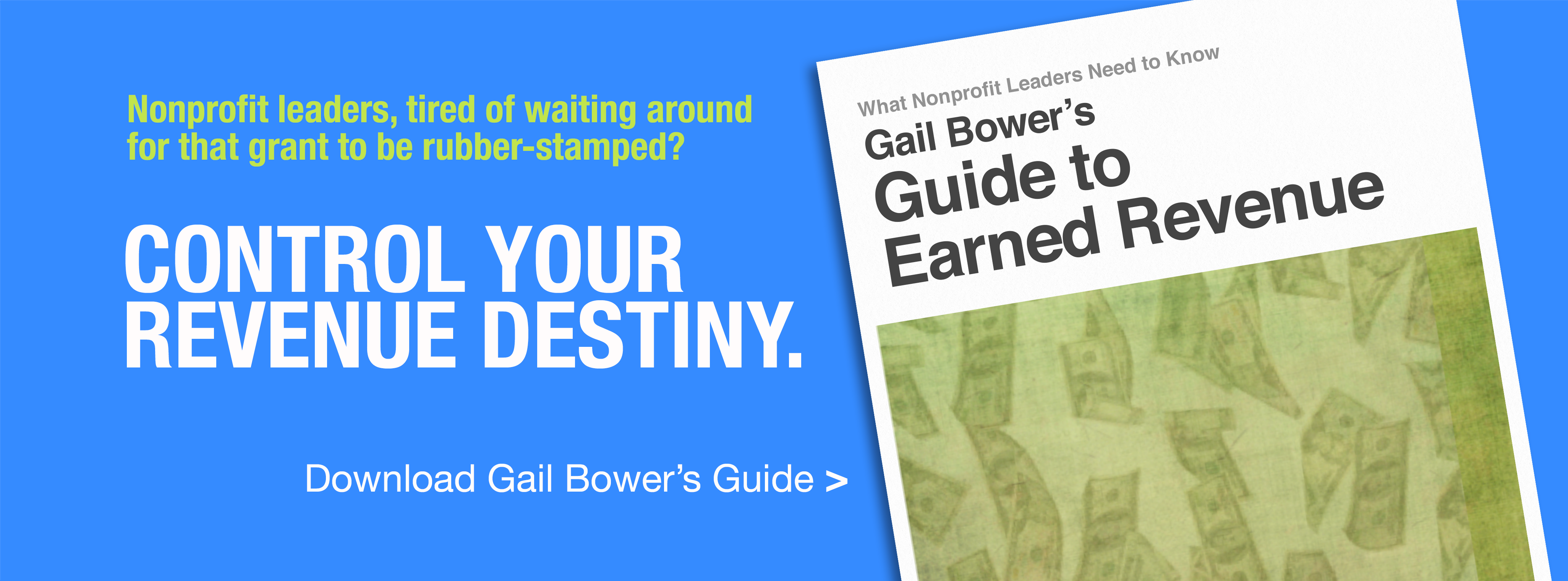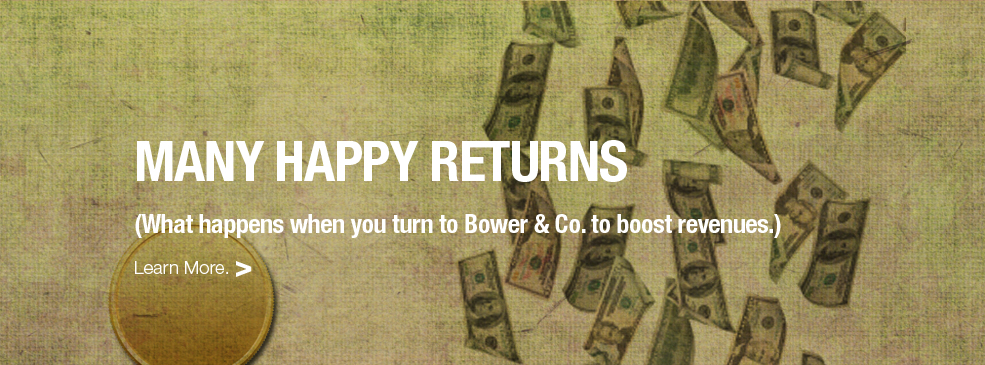Peace, Love & Anniversaries
Originally published in BowerPower Papers, Volume 4 Issue 2, July 20, 2009, 40 years after the first Moonwalk.
By Gail S. Bower
This year is a big year for anniversary celebrations. We honored the bicentenary of two legendary historical figures, Charles Darwin and Abraham Lincoln. The internationally acclaimed jazz festival at Newport turns 55 next month, while its companion festival, Newport Folk, turns 50.
This spring, the New Orleans Jazz & Heritage Festival turned 40, and this summer, two other noteworthy 40th celebrations will occur, one, today, honoring the first moonwalk, and in a few weeks, the other commemorates Woodstock.
Hundreds of millions of us remember where we were when Neil Armstrong took his first steps on the surface of the moon and proudly proclaimed the achievement — inspired by President John Kennedy seven years earlier — “one small step for man, one giant leap for mankind.” About a billion of us worldwide sat in front of our televisions, watching the event live, knowing we were part of an historic moment.
Ironically, the 30th Anniversary of the Apollo 11 Moonwalk was eclipsed by the tragic and untimely death of President Kennedy’s son, John F. Kennedy, Jr. And just weeks before the 40th, we mourned the untimely passing of another Moonwalker, Michael Jackson.
Woodstock, on the other hand, had quite a different impact on our culture. Revered by some and reviled by others, Woodstock will always remain an iconic event, and its anniversaries provide an interesting focal point for a discussion on what makes anniversary events work. Or not.
Three key ingredients are necessary for your anniversary event’s success: meaning, resonance, and strategy.
Meaning.
An event or anniversary date may be important to you and your organization, even to our broader culture, but it may have little or no meaning outside of your immediate community. So first, you must create that meaning. What happened all those years ago? Why was that important at the time? What was the cultural context for that beginning, and why does that matter anymore?
Woodstock’s 25th and 30th Anniversaries lacked broader meaning for many people and suffered negative consequences: remembered as not much more than a mudfest at the 25th and rioting and violence in the latter. The later generation celebrating Woodstock in 1994 and 1999 saw the images of the first Woodstock and tried to recreate the early generation’s expression of its ideas, opinions, and values. But the resultant celebrations were merely simulations of the original event, and attendees only mimicked the mythologized “free-spiritedness,” connecting only with the groovy symbols and superficialities of the expression, not with the true meaning.
It’s no surprise that the original producers of Woodstock have encountered difficulty finding corporate sponsors for an intended celebration event this year (according to a May 10, 2009, article in The New York Times).
A similar situation happened during a 2001 Mardi Gras celebration in Philadelphia, when 40,000 people descended on the South Street neighborhood. The event quickly became a drunken party-gone-bad, with violence and looting in the streets. Very few of the celebrants had a clue what the meaning of Mardi Gras is, preferring instead to use it as an excuse to drink and, for some, to unleash repressed behavior.
To avoid this disconnect, engage audiences to help them connect the meaning and importance of the anniversary to current day culture and to the future.
Resonance.
Your marketing efforts and the anniversary event itself must provide ways for people to connect to your milestone and why it’s important to them personally. Why is your event or organization’s anniversary relevant today? And why should potential attendees care? Making this connection, particularly through rich storytelling, will help provide emotional resonance, which will allow your story to leave an indelible imprint in the minds and hearts of attendees.
Last year, I had the opportunity to conduct informal research about Woodstock in a project for the Bethel Woods Performing Arts Center and Museum, located on the grounds of the original music festival. Through this study, I asked people of all different ages what Woodstock meant to them. The findings are fascinating.
Woodstock held the most significance for those individuals in their 50s because they were of age at the time of the event. People ten years older may have been preoccupied with raising children or they were just outside the demographic group for whom Woodstock would be appealing, and the connection just wasn’t there. People older than that expressed divergent impressions of Woodstock, either admiring what the event symbolized for youth at that time or finding it insulting.
Individuals in their 40s, too young to have been there but who’ve lived in the shadow of Woodstock, seemed to have a more refined or objective understanding of what the event meant culturally. While respondents in their 30s find little relevance, those in their 20s respond to the cool factor, and those under 20 have no clue whatsoever. (My favorite response was from a 13-year-old friend who asked if I was referring to "the little yellow bird who hangs out with Snoopy.")
Building a context that provides personal connections, weaving the present with the past, and exploring the legacy of your event, festival or organization over time are important themes that should run through your anniversary celebration messages.
Strategy.
Get the most mileage you can from your anniversary celebration by developing a strategy. What do you want to happen as a result of your anniversary celebration? Is it just a party? Is it a springboard for deeper engagement with your organization or event? Is the anniversary the theme and marketing hook? Or is it simply subtly woven into your current year festival? Will the anniversary be acknowledged annually or just during the milestone years? Can you connect a wider audience with your anniversary, inspiring them in a deeper way? How can you tell your story in the most compelling way to generate the results you seek?
So this evening, gaze up at the moon and consider the technological fete that the Moonwalk was. What’s the story you would tell? How powerful would your anniversary celebration be?
 Anniversaries | in
Anniversaries | in  Events & Festivals |
Events & Festivals | 






